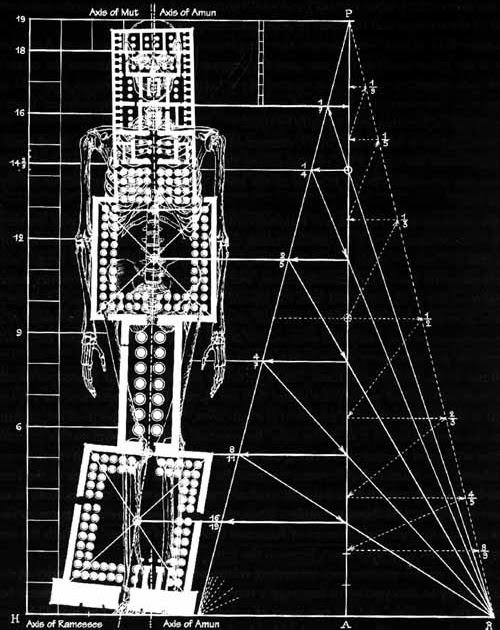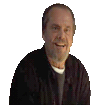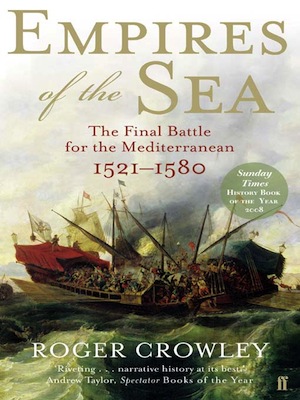- Joined
- Aug 10, 2013
- Messages
- 25,258
- Reaction score
- 12,638
Very difficult read. Schwaller's crowning achievement in development of incredible insight into the Pharoanic Egyptian mind.






Why? He is to the point. Some say his style turns people off (Neil degrasse Tyson also said that). Who do you recommend his better?
I'll check out Michael Martin. Never heard of him. Strange because I actively study atheism. Is he famous?
How has the public moved to different concentrations? I try to follow. I joined the Atheist Republic and follow the trend. Also rogans podcasts are great too. I notice theists always argue the same shit. Then when they lose arguments they resort to the sample line: you need faith. I get to use what I learned in all these books to counter it. Timeless debates.






Well, what are you looking for?
Dunno but I think I'm gonna go back to mocking the neckbeard thing now. Good luck!

Ways to counter logical phalecy in theism.
You can't get more logic than mathematics and this world we are part of is insanely if not entirely mathematical in structure. Maybe a math book to start with lol, but I don't know how that will help your cause
Yes. Critical thinking. Moral philosophy.I looked into that. Amazing stuff. More logical and ethical then anything you would find in the violent, biggoted bible or Qur'an.
what do you think so far?Currently reading (3/4 way through) and recommend Principles by Ray Dalio.
what do you think so far?







About to start Dangerous, by Milo Yiannopolous, then Ricky Hatton's book, and whatever else I find interesting.
It's been out for a long time, and he's now planning his second book, which is about Hollywood, IIRC.Milo's book is out? Last I heard the publisher backed out.
